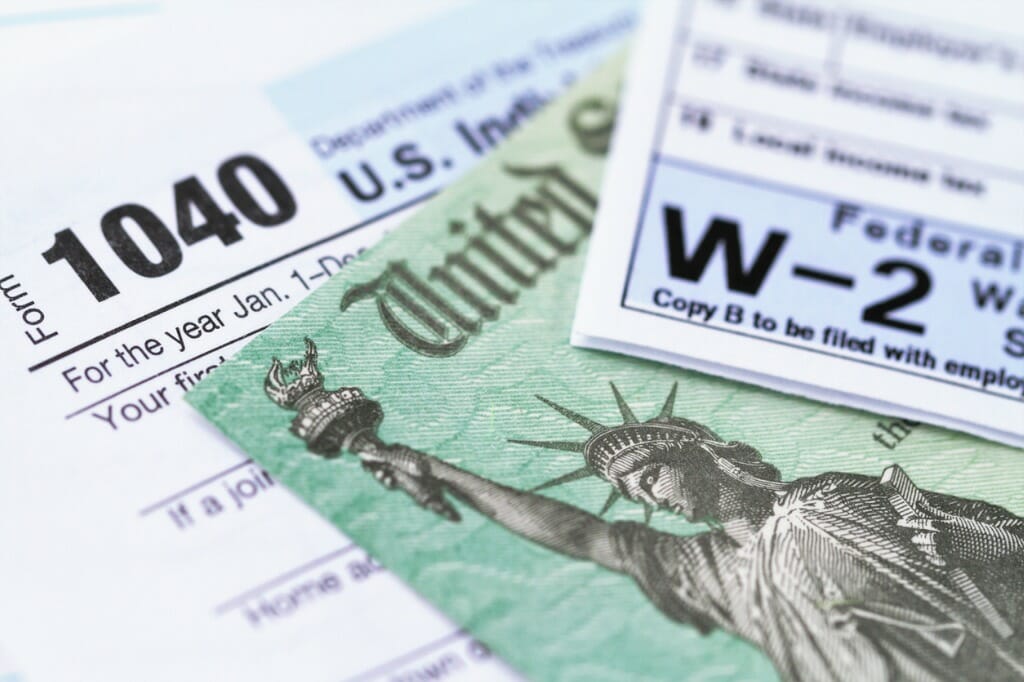PPP Deadline Extension Signed Into Law
 The Paycheck Protection Program (PPP) application deadline formally changed from March 31 to May 31 this week when President Joe Biden signed the extension into law.
The Paycheck Protection Program (PPP) application deadline formally changed from March 31 to May 31 this week when President Joe Biden signed the extension into law.
The U.S. Senate had voted 92-7 last week to approve the PPP Extension Act of 2021, H.R. 1799, sending the legislation to the president for his signature.
The additional 60 days provided by the bill will provide additional time to for businesses to complete existing PPP loan applications and file new ones. The bill also provides the SBA time to address significant loan application process challenges, including validation and error codes, delayed guidance, and changes to the PPP loan amount calculation for self-employed borrowers.
Patrick Kelley, associate administrator for the SBA’s Office of Capital Access, testified during a Senate Small Business Committee meeting Wednesday that 190,000 applications were still held up in the SBA’s PPP platform due to unresolved error codes related to validation checks instituted by the SBA to help prevent fraudulent applications from being funded.
The PPP Extension Act does not provide any additional funding for the current round of the PPP, which Congress provided with more than $290 billion to make forgivable loans to small businesses and not-for-profits. From the program’s opening on Jan. 11 through March 21, the SBA has approved more than 3.1 million loans totaling nearly $196 billion.
If you have any questions or need assistance with this, please contact your Whalen advisor.
SOURCE: Journal of Accountancy



 OHIO TAX DEADLINE EXTENDED
OHIO TAX DEADLINE EXTENDED
 If you have been considering an SBA loan (other than PPP) for your business, this is an ideal time to apply.
If you have been considering an SBA loan (other than PPP) for your business, this is an ideal time to apply.
 The Treasury Department and
The Treasury Department and 
 As the latest round of stimulus payments have started hitting some bank accounts, The IRS has updated the
As the latest round of stimulus payments have started hitting some bank accounts, The IRS has updated the